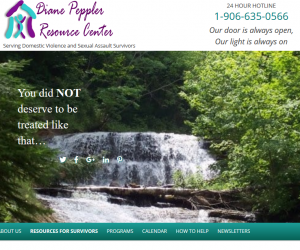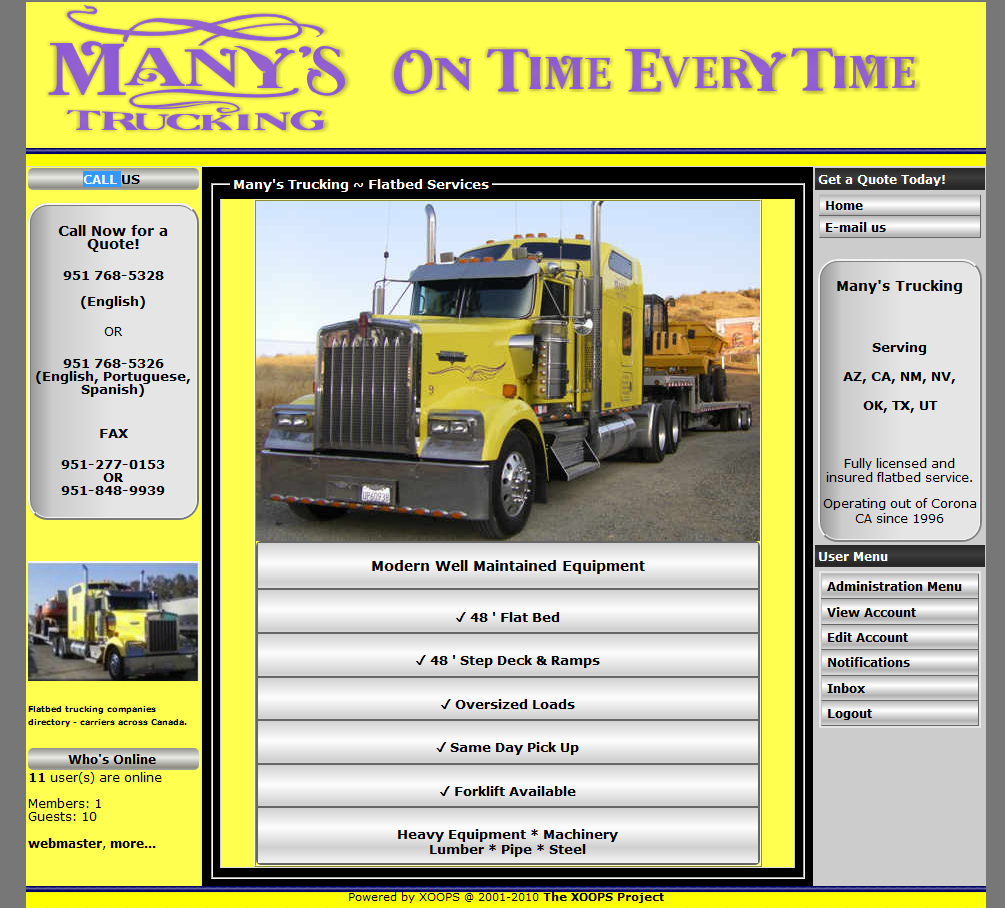Before you can choose a web-host, there are vital questions that you need to ask yourself to determine what server environment will best serve your needs.
Which web-hosting company or even package to choose, should be based on answers to questions that only you can answer about your business. You will need to consider your budget, and your resources to promote your site once it is finished. You should consider not only your present needs and goals but, also any long term goals that you have for your business that might require an expansion or other changes in your web presence.
Technically speaking, the first question you should ask, is so obvious but it is surprising to me how often it is overlooked; what function(s) or role will my website play in your business? Perhaps you want an online store to sell your products. Or maybe you just want a quick way for your customers to contact you find out information about your business. Maybe you want an forum, calendar, newsletter or other interactive social networking marketing tools to promote information and discussion about your business. Or maybe you want it all and more.
Are you planning on selling products with size, color or other options? Do you want a help desk or chat to interact with your customers? Do you need a secure connection for customer interactions?
Keep in mind that there are many pre-packaged “web-site in a box” solutions available by different web-hosts that you might be tempted to try, but these products are generally limited in their flexibility and functionality and before you choose one you should ask about any quirks or customizations you might need or want to sell your products or interact with your customers.
The second question is equally as obvious, and is usually the first concern of small business owners and start-ups, what is your budget. Web-hosting pricing varies substantially, and is only a small portion of the costs associated with starting and maintaining a web presence. Other costs you will need to consider in your budget can include, but are not limited to, security certificates, software, content development, graphics, and of course, design.
Shared vs. Dedicated Servers and the Cloud
Unless you are moving an already established, high-traffic domain with a lot of content, or have the need for the added security, or you just happen to own your own server, the cost of dedicated servers is often an unnecessary drain on the company coffers. A good alternative to a dedicated server for high traffic sites is “the cloud” which usually charges by the resources that are used over a period of time, and comes at a slightly higher price than shared servers but less than a dedicated server.
Most web start ups are fine using a less costly shared hosting environment. If you are lucky enough to need it later, it still can be more cost effective to use a cheaper alternative until you really need it and then pay a developer to move your site to a dedicated or even a cloud environment as you grow.
“Unlimited” Space and Bandwidth
Space refers to the amount of files and data that is stored on the server. Bandwidth is the resources used to display and transfer information between the server and the end user. Whether it is uploading or downloading, every page load, every submitted post uses bandwidth.Many companies will tell you that they offer “unlimited” of either or both. They really do not, but most good hosts have high enough limits on both, that you do not have to worry about unless your site goes viral, and offer options at an extra cost, to manage the traffic if you do.
Research your web host. (Google is your friend.)
Step one. Enter the name of your prospective webhost and words such as downtime, security, support and “status log”. Step two, read the results with a grain of salt.
You should especially look for a status log by the web host. It will not only give you an idea of how often they experience outages or other problems, but it also shows whether the company is responsive to problems.
The fact of the matter is that downtime can and does happen in any hosting environment. Server downtime can be caused by any number of factors, human error, hardware malfunctions, and of course, hacking vulnerabilities. Complaints made by posters on sites that rate web-hosts could just be a rival web host trying to redirect you their own service. Look for articles about it on Wired or other tech sites, about problems, or from websites that developers frequent, or multiple un-resloved complaints across the internet probably means that you want to avoid that host.
Talk to a web developer before you decide, and then take their advice. Its what we do for a living and often we have questions insights as to what is needed to accomplish your goals that you might overlook. We also have probably dealt with different hosts and have our own preferences as to which ones we would prefer to use.
Try Managed Webhosting
I can help you avoid headaches and heartaches by hosting your site.
Advantages are your site will be monitored always up to date.
Basic WordPress Managed hosting plans starting at $150 per year!






